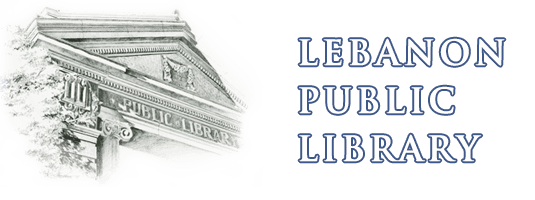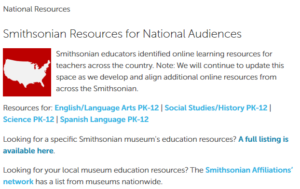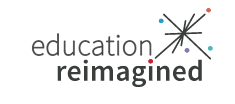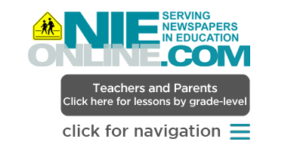 Common Sense® has been providing valuable digital learning resources and information to families, educators, and students for the last 15 years. With the increase in distance learning, these resources have become even more valuable. In the Common Sense Education® section of their website, you can find a compiled list of 18 of the best tools for virtual and distance learning chosen by Common Sense®. The list includes apps and websites that will help teachers and at-home educators with lesson planning, virtual classroom creation, digital slideshows and video lessons, and more. Common Sense® provides a thorough review of each of the tools that includes the recommended grade levels, ratings, subjects, pros, and cons. It also describes how it could be used effectively and why it is good for learning.
Common Sense® has been providing valuable digital learning resources and information to families, educators, and students for the last 15 years. With the increase in distance learning, these resources have become even more valuable. In the Common Sense Education® section of their website, you can find a compiled list of 18 of the best tools for virtual and distance learning chosen by Common Sense®. The list includes apps and websites that will help teachers and at-home educators with lesson planning, virtual classroom creation, digital slideshows and video lessons, and more. Common Sense® provides a thorough review of each of the tools that includes the recommended grade levels, ratings, subjects, pros, and cons. It also describes how it could be used effectively and why it is good for learning.
Also on the list are two recommended apps for communication between teachers and parents. With so much uncertainty and the rapidly changing information we have been faced with over the past several months, clear communication is essential. The Remind App allows teachers to send mass messages to families to keep them updated and to stay connected. Similarly, Talking Points allows teachers and parents to stay in touch, but includes a translation feature to more effectively communicate with families who speak another language.
This page also links to the learning resources on Wide Open School, which is powered by Common Sense®. This page lists several resources on self-care, tips for families learning remotely, professional development and webinars, and many more helpful distance learning tips and tricks.
To access the Best Tools for Virtual and Distance Learning page, click this link: https://www.commonsense.org/education/top-picks/best-tools-for-virtual-and-distance-learning
To access Wide Open School, click this link: https://wideopenschool.org/families-and-teachers/for-teachers/#all/









